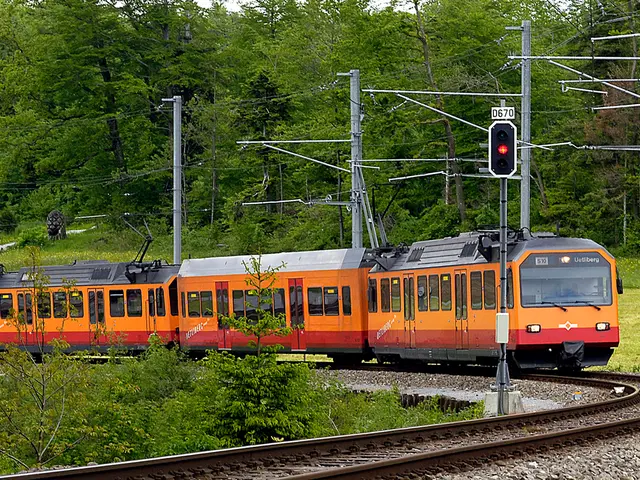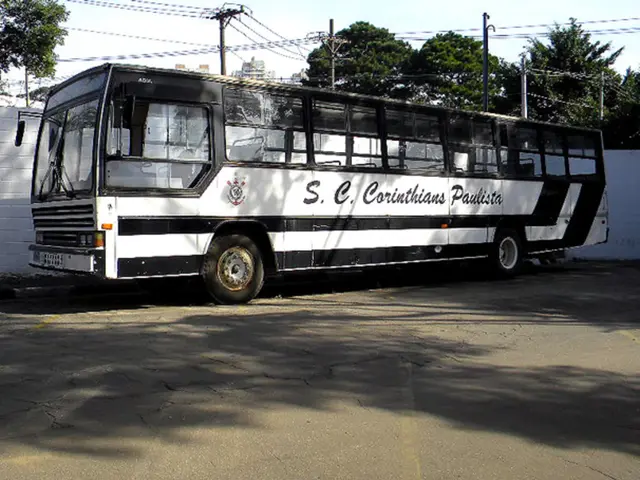Bus fares in Krasnodar city to rise effective May 30.
Increase in Fare and Baggage Charges on Krasnodar Bus Routes
In a move to transition more city buses to gross-contract operations, the fare will rise to 55 rubles on 17 routes in Krasnodar, according to Andrei Belugin, Director of the Department of Transport and Road Management. This adjustment is a necessary step towards securing sustainable public transport funding and encouraging better service standards.
Belugin explained that the city compensates carriers for 100% of the costs of maintaining routes from the budget under gross-contract operations, making it a viable option for maintaining reliable and efficient public transport services. The change aims to incentivize operators to focus on service quality rather than competition on price or maximizing passenger capacity.
Effective May 30, the affected routes include No. 19, 32, 33, 66, 83, 89, 91, 101A, 102A, 120A, 121A, 140A, 154A, 155A, 160A, 163A, and 177. The city prosecutor's office has issued a positive conclusion on the fare increase project, and this will mark the first change in the fare of 40 rubles in buses with regulated fares in Krasnodar in the past two years.
As more cities transition to gross-contract systems for public transport, they typically experience fare adjustments to align with the fixed payments and operational expenses. The move to gross contracts in Krasnodar reflects this trend, with the aim of balancing the new payment model and maintaining service financial viability. The change to gross contracts also offers benefits to transport operators by providing guaranteed income, reducing financial risk linked to fluctuating passenger numbers, and encouraging improved service reliability.
The transition of Krasnodar's city buses to gross-contract operations is not only increasing fares on 17 routes, but also incentivizing operators to focus on improving service quality within the finance industry, as the city now compensates carriers for 100% of route maintenance costs under this model in the transportation sector. This shift in public-transit management seeks to secure sustainable funding for efficient services, aligning with the trends observed in cities adopting gross-contract systems for public transport.







